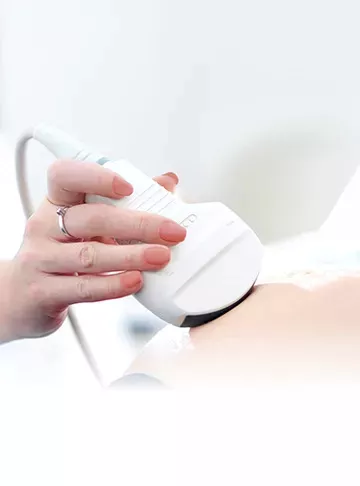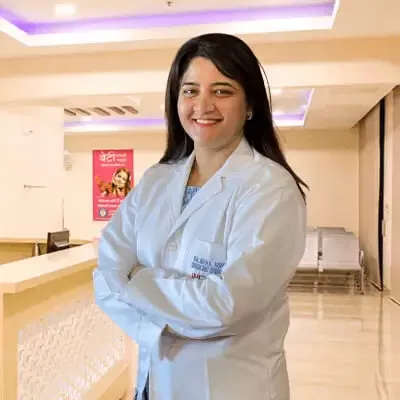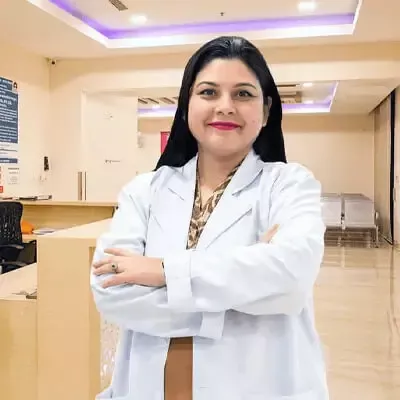Introduction
Sonography or ultrasound imaging lets the professionals take a peek inside your body without making a single incision. It involves the use of high-frequency sound waves that create live images of your organs and tissues. Since it is incredibly effective and completely safe, it is used to track the growth of your baby. Let’s dive in to learn more about sonography and what it has to offer.
What Is Sonography?
Sonography is a smart and safe way to see everything that is happening inside your body. It doesn’t involve the use of any radiation or cause any discomfort. Unlike X-rays, it involves the use of sound waves, which are harmless and can create real-time images of your organs. The technician will use a transducer and move it over your skin. This small device sends sound waves bouncing back to form detailed visuals.
Types of Sonography
Different types of scans serve different purposes. Here is a quick look at the most common types of sonography:
-
Prenatal / Fetal Sonography (2D, 4D, Anomaly Scans)
Expecting a baby? A prenatal/fetal sonography can be used to ensure that you have a healthy pregnancy. It tracks the growth of your baby and helps in spotting any birth defects. Through 2D scans, you can get a clear, black and white image of the fetus. 4D scans let you see how your baby is moving in real time. One of the most important prenatal scans is the anomaly scan, which is usually done between weeks 18 and 22. This is used to check if there are any structural issues.
-
Pelvic / Gynaecological Sonography (Transvaginal)
A pelvic/gynaecological sonography helps get a closer look at your bladder, uterus, ovaries, and fallopian tubes and can be used for early pregnancy confirmation, cycle monitoring or fertility checks. In a transvaginal ultrasound, the technician will insert a small probe into your vagina to get a clearer view for gynaecological assessments.
-
Thyroid, Breast & Neck Sonography
For a lump or any unexplained swelling, you need targeted scans of your thyroid gland, neck lymph nodes, or breast tissue. These scans play a pivotal role in diagnosing hormonal issues as well as early detection of cancer.
-
Doppler & TMSK (Vascular, Joints, Muscles)
These specialised scans check the blood flow and musculoskeletal system of your body. Doppler sonography is the one that tracks the movement of blood through your veins and arteries and helps find any clots or blockages. TMSK (Trans-Musculoskeletal) ultrasound checks your muscles, joints, and ligaments. This is an ideal option for those who are dealing with chronic pain or just recovering from an injury.
-
Portable Sonography (e.g. Home Visits)
If you are not able to visit the clinic, you can still get an ultrasound through a portable ultrasound machine. This is a great option for elderly patients, those on strict bed rest, and emergency needs.
How Does a Sonography Scan Visit Work?
Here is what your visit for a sonography scan would look like:
-
Book Your Appointment
Pick a time that works for you and make an appointment online or through a quick call.
-
Easy Check-In & Payment
Once you reach the clinic, head to the reception desk, fill out the form, and pay using cash, card, or digital wallet.
-
Time for the Scan
When it is your turn, a qualified radiologist will guide you. The scan is painless and will take only 15 to 30 minutes.
-
Get Your Report
You will get your results the same day, either in print or sent digitally.
-
Specialist Review (If Needed)
If the scan needs further analysis, you might need to get a specialist review to help plan the next steps.
Why Choose Indira IVF for Your Sonography Scan?
When it comes to your health, accuracy and health are both just as important. That is why thousands across Nepal trust Indira IVF for their sonography scan. Here is why you should, too:
- Transparent, Budget-Friendly Pricing: Indira IVF offers clear, affordable, and competitive pricing. So, no hidden fees or surprise bills.
- Expert Sonographers You Can Trust: The Indira IVF team will guide you so that your scan is done by professionals who not only are medically experienced but also understand the importance of care.
- Cutting-Edge Technology: Our latest, high-resolution ultrasound machines give fast, accurate results every time.
Preparation Tips for Sonography Test
In order to get clear, accurate results, you need to do a little prep before your sonography test. Here are a few tips to remember:
- Abdominal Scans: For the abdominal scans, you should not eat anything for 6 to 8 hours before your scan. This reduces gas and gives a clearer picture of your organs.
- Pelvic Scans: For pelvic scans, hydration is key. Drink at least 2-3 glasses of water an hour before your scan and don’t urinate. A full bladder improves the image quality.
- Dress Smart: Wear loose, comfy clothes so that the radiologist can easily access the scan area. Depending on the scan, you might also have to change into a gown.
- Arrive a Bit Early: Reach the clinic at least 15 minutes ahead of your appointment and bring any prescriptions or previous reports.
- Follow Safety Guidelines: Please follow all the safety and hygiene protocols advised by the clinic.
Meet our Fertility Experts
Nepal Clinic
From tests and scans to the entire treatment process, Indira IVF provides all fertility services under 1 roof and has the latest facilities for your comfort and convenience.




Visit our IVF Centre in Panipokhari, Kathmandu today!
Indira IVF, 3rd Floor, Adjacent to Global IME Bank, IME Complex, Panipokhari, Kathmandu-03, Nepal - 44600
Advanced Fertility Treatments with State-of-the-Art Technology
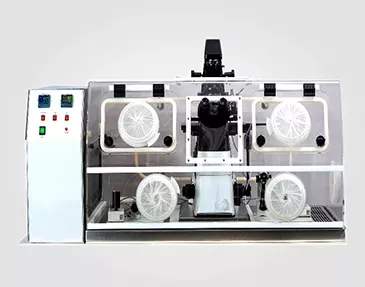
Closed Working Chambers Technology
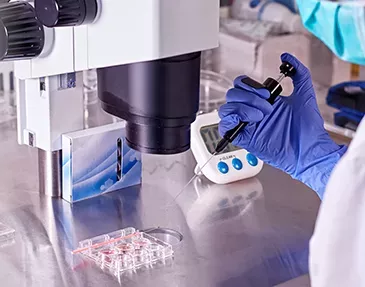
Non-Invasive Preimplantation Genetic Testing (NIPGTA)
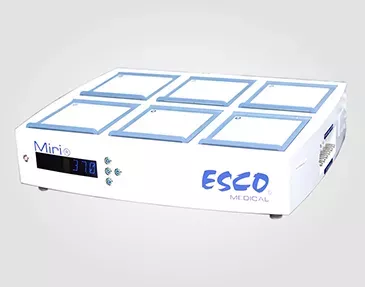
Advanced Incubators
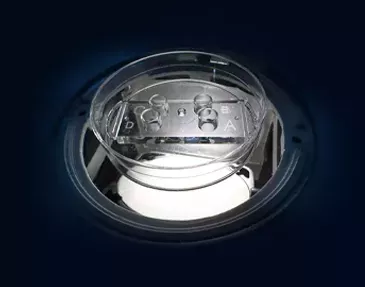
Microfluidic Sperm Sorter Technique
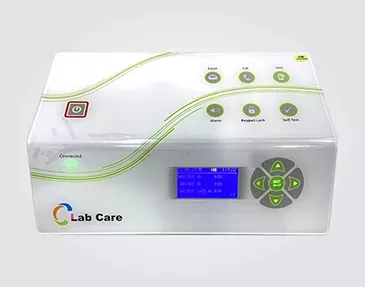
24*7 Monitoring System
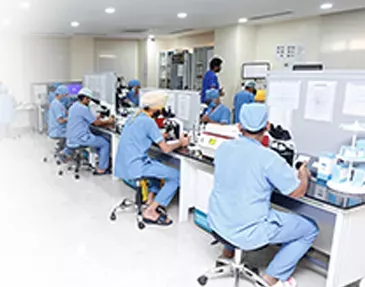
World-class laboratories

